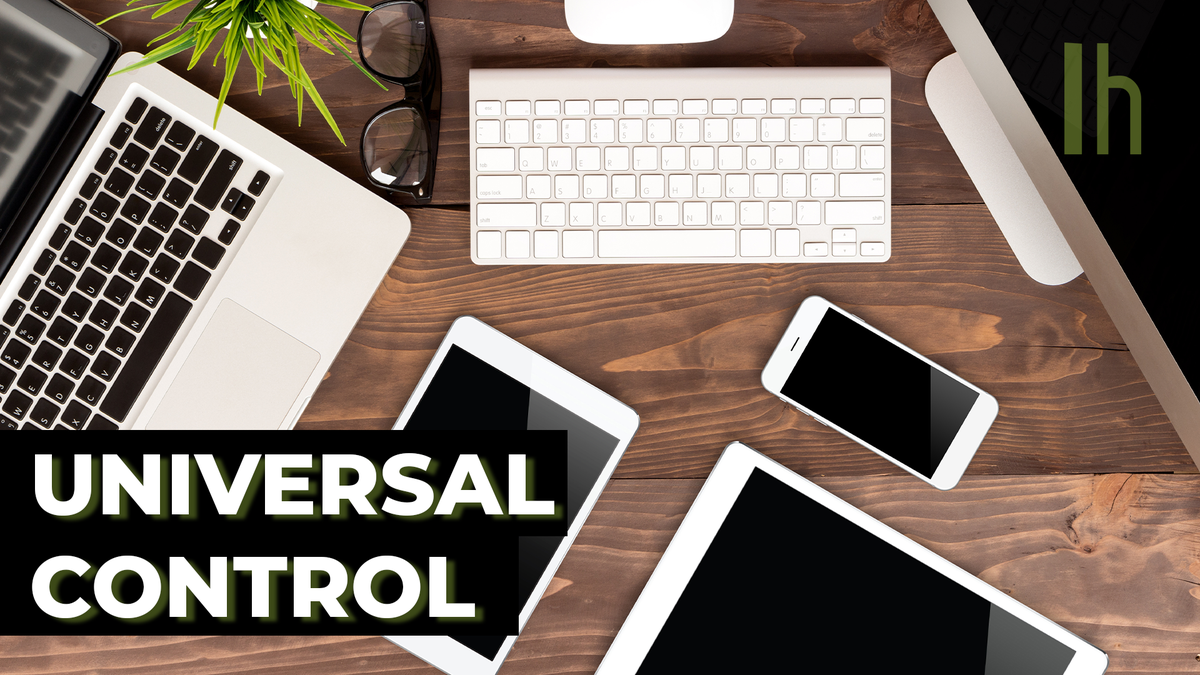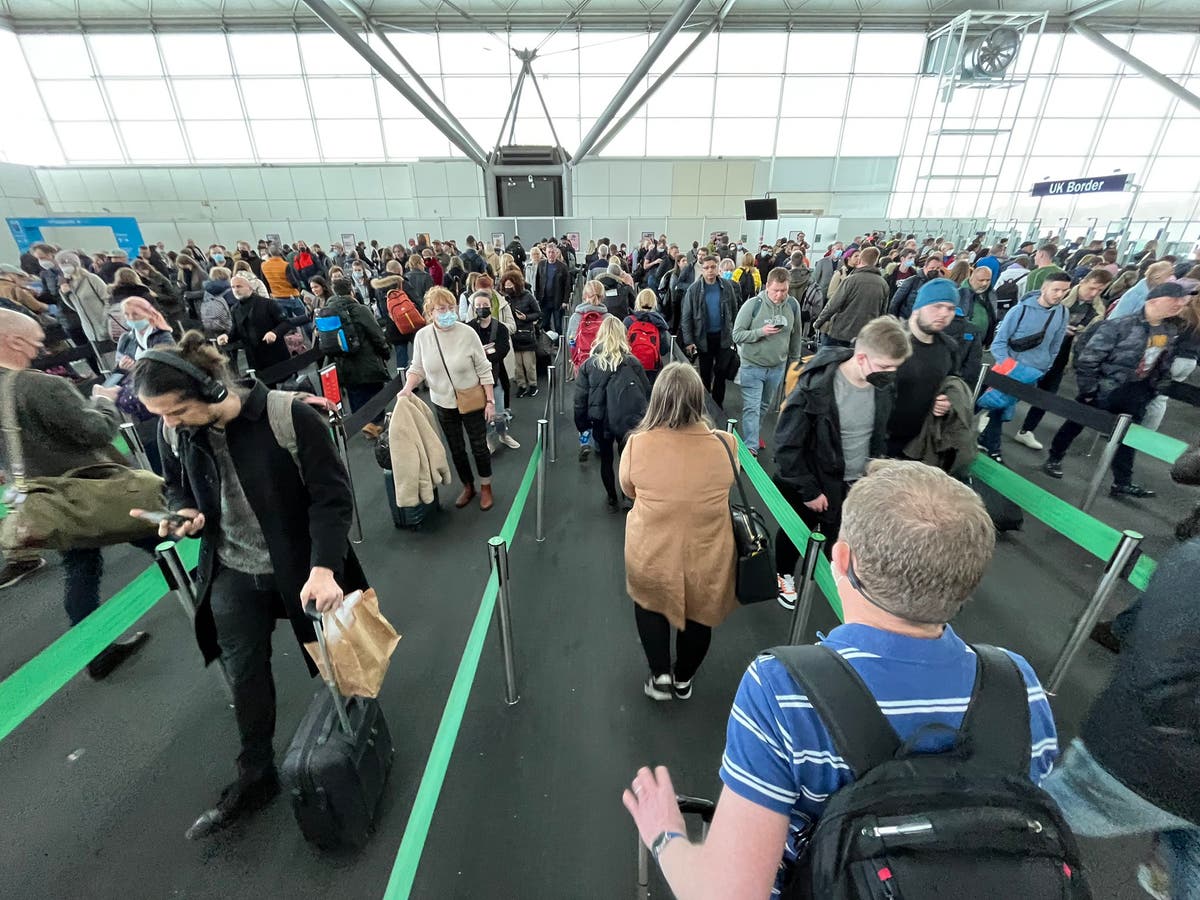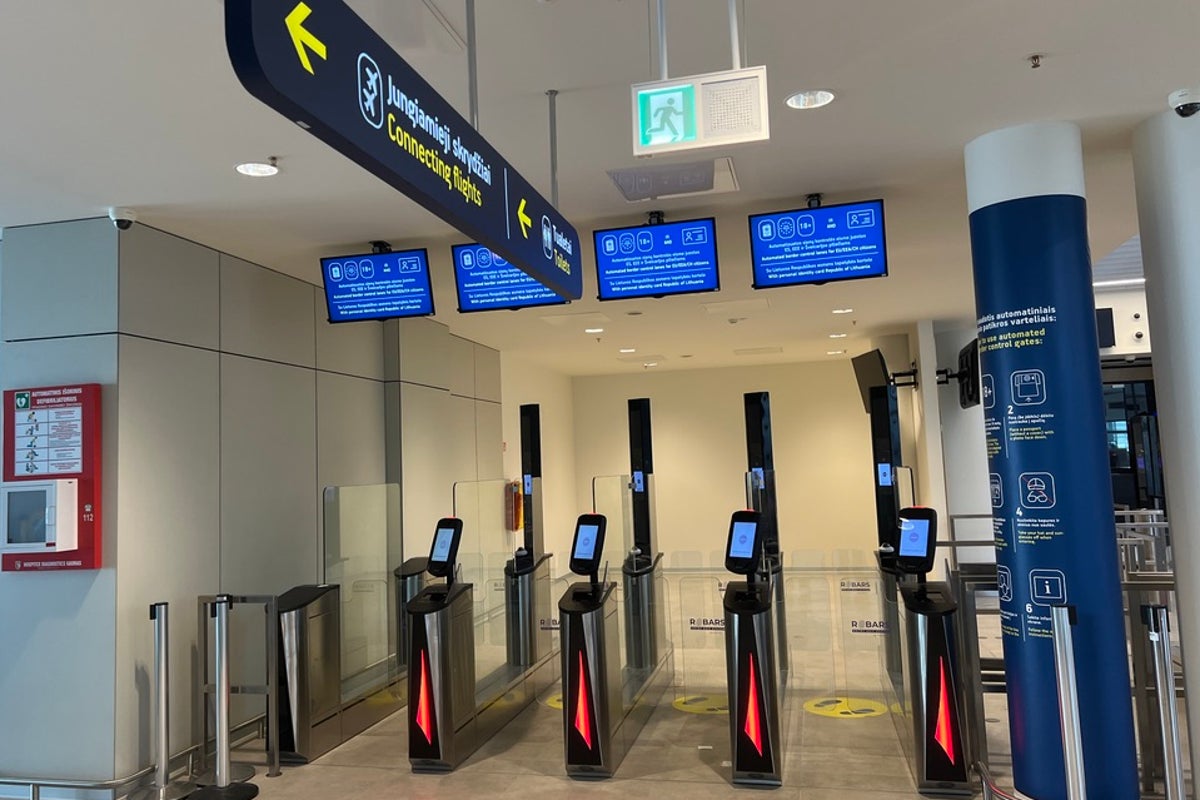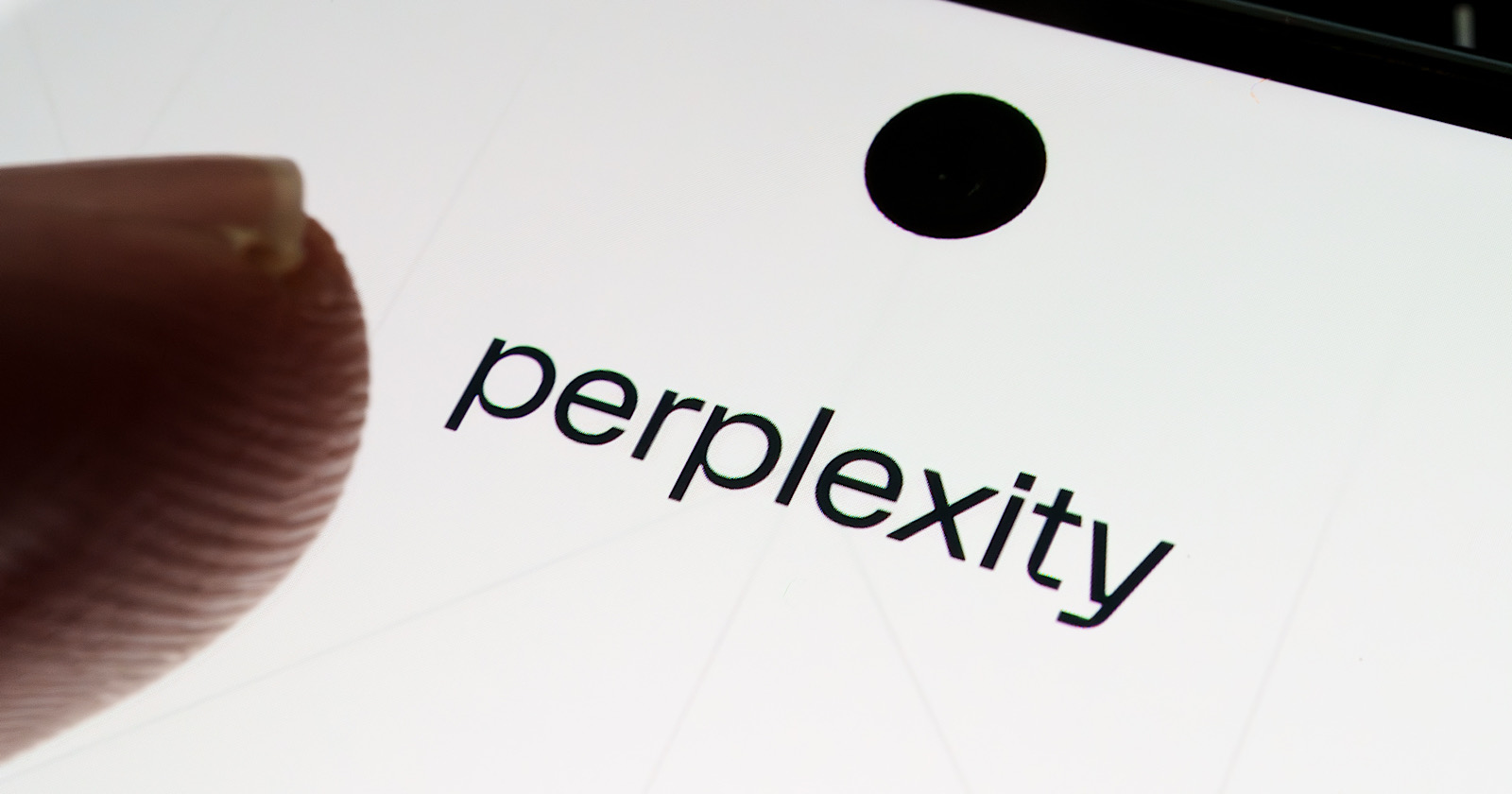How to Make Sure Your Solar Eclipse Glasses Will Actually Block the Sun
Keep your eyes safe on April 8.


Credit: Nicolas Ospina Soriano/Shutterstock
Despite what Bruce Springsteen says in his hit song "Blinded By the Light," it's no fun looking into the "eyes of the sun." According to Prevent Blindness, exposing your peepers to the sun's rays during a solar eclipse without proper eye protection can cause "eclipse blindness" or retinal burns, also known as solar retinopathy, and the damage to your sight can be permanent.
With the next occurrence of the Moon passing between the Earth and the sun not expected for another 20 years after the upcoming solar eclipse on April 8, you might be tempted to gaze at the heavens without proper eye protection. However, even a brief glimpse of the sun during a solar eclipse can cause irreversible damage to your eyes. I'm not your parent, but I strongly advise you to take charge of your eye safety by investing in a pair of solar eclipse glasses.
However, some unscrupulous third-party sellers sell fake pairs of glasses through Amazon and other online vendors, which can put your vision at risk. (Just ask the man in California who suffered significant vision loss thanks to a pair of counterfeit glasses, according to the Indianapolis Star.) To help keep your eyes safe to see another day, here are some tips to help you know that the pair you picked up will do their one job.
Check the ISO number
To determine whether your solar eclipse glasses will block ultraviolet and infrared radiation, check the International Organization for Standardization (ISO) number on the frames. According to the American Astronomical Society (AAS), compliant glasses will bear the label ISO 12312-2 (sometimes written as ISO 12312-2:2015) to show they reduce sunlight to safe levels.
Wait, counterfeiters put that number on there too, right?
They sure can! To ensure you are buying solar eclipse glasses from a reputable source, the AAS has created a list of manufacturers, vendors, dealers, and importers they have vetted to help you with your purchase.
While the AAS points out they are unable to investigate all sellers, they do offer this sage piece of advice:
We do not recommend searching for eclipse glasses on Amazon, eBay, Temu, or any other online marketplace and buying from whichever vendor offers the lowest price. Before you buy a solar viewer or filter online, we recommend that you make sure that (1) the seller is identified on the site and (2) the seller is listed on this page.
Can I just test them myself?
According to the AAS, you can use sunlight reflected off a mirror or a metal object to test if your solar eclipse glasses work. If the light reflected seems very dim through the lenses, you should be safe. However, if you can see any light through a lamp, light bulb, or other household light fixture, you may have a pair of counterfeit glasses.
Additionally, check your glasses to see if the lenses are torn, scratched, punctured, or coming loose from their frames. If so, discard them.

 KickT
KickT 
































